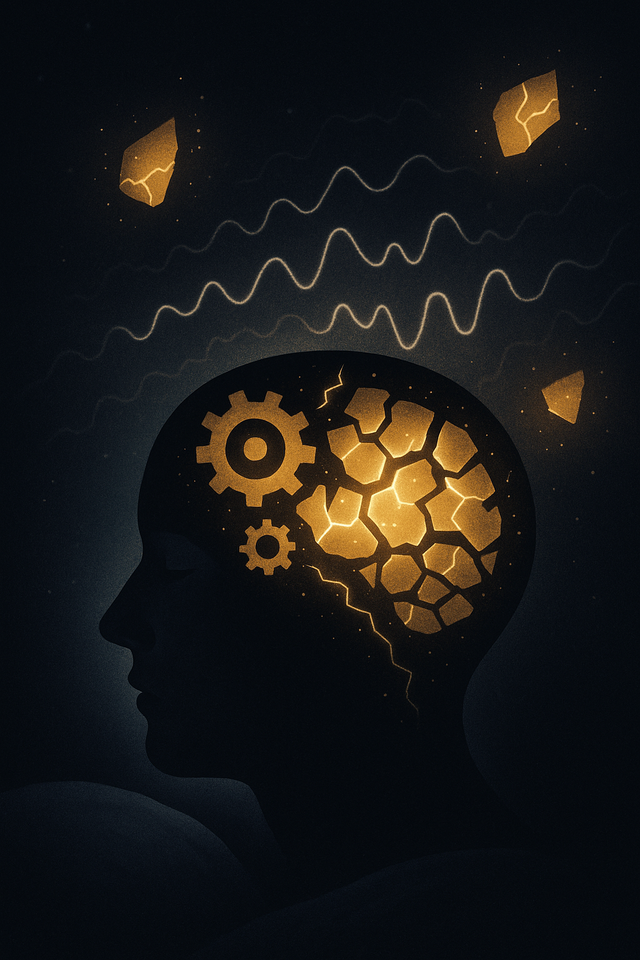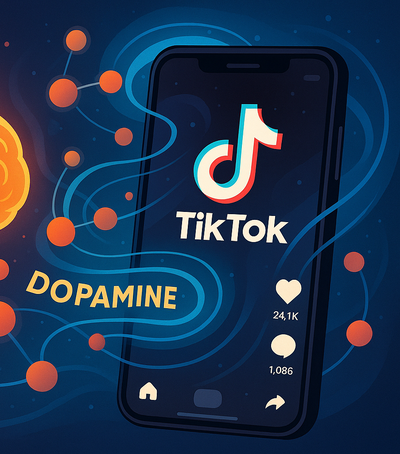
In an era where the daily rhythm is filled with rush, endless notifications and pressure to perform, sleep is becoming a rare luxury. However, the quality of sleep is just as important as the time we devote to it. When sleep is constantly interrupted, our brains pay a high price: from the destruction of the memory consolidation process to disturbances in emotional balance. This article highlights the main findings of neuroscience on fragmented sleep and offers practical guidelines for preserving it.
1. What is “fragmented sleep”?
Definition: Recurrent interruptions during the night – unconscious awakenings due to noises, use of electronic devices, physiological events (e.g. sleep apnea), or stress.
Key features: Decreased deep sleep stages (N3 and REM stages), high wake after sleep onset (WASO), and feeling tired even after spending sufficient time in bed.
2. Cognitive and memory effects
Neuroscience has clearly documented the key role of uninterrupted sleep in:
Memory consolidation: During deep sleep, the brain “reaffirms” new information, linking it to previous knowledge. Nighttime interruptions disrupt this process, reducing the ability to learn and remember.
Attention and concentration: Participating in the REM stage helps increase flexibility of thought and the ability to solve problems.
Lack of full REM sleep leads to distraction and slowed mental reactions.
3. Emotional stability and mental health
A biologically tired brain reacts more severely to stress:
Increased amygdala reactivity: Stronger emotional responses to negative events, leading to anxiety, irritability, and feelings of overload.
Psychological risk: Fragmented sleep is a primary factor in the development of disorders such as depression and bipolar disorder, as neurological balances are disrupted by the lack of the necessary sleep stages.
4. Advanced uses of neuroimaging
Studies with functional magnetic resonance imaging (fMRI) and electroencephalography (EEG) have revealed:
Dysfunction of dopaminergic signaling: Leads to motivation and pleasure problems.
Loss of ability to refocus attention from internal thoughts.
5. How to protect the “most valuable hours” of the day
To prevent sleep fragmentation and improve neural recovery, consider the following tips:
Sleep hygiene: Focus on a regular routine – wake up and go to bed at the same times every day.
Ideal environment: Ensure darkness, quiet, and a temperature of around 18–20°C in the room.
Digital break: Avoid screens (phone, tablet, TV) at least an hour before bed; blue light inhibits melatonin production.
Stress management: Breathing techniques, light meditation, or yoga before bed help reduce cortical activation.
Limit social and food stimuli: Caffeine and alcohol disrupt the normal sleep cycle; consume in the morning or early afternoon.
In a society where productivity and online presence are often valued over natural well-being, fragmented sleep remains a hidden threat. Neuroscience provides us with strong evidence that sleep quality is fundamental to optimal brain function – from memory to emotional stability. By implementing the strategies outlined above, we can preserve our “most valuable hours” and turn sleep into a powerful ally for our mental health and daily performance.





